Is our ailing stock market because Harapan is spending … too little?!
So you’ve probably seen various news reports over the past week about the disaster that is known as the ‘Malaysian economy’. No? Here’s a refresher then:
And in case you need a chart to visualise how ‘boring’ it is, check this out (we’re the red line):
Now on top of that, there’s also this video of Bloomberg@Business, featuring UBS’ fund manager Kelvin Tay. In it, he pretty much sums up what he thinks is wrong with Malaysia, from our overdependence on oil revenue in our GDP to the lack of anything being done economy-wise due to ‘political paralysis’ following GE14.
Malaysia miiiiiight be on the brink of a recession
The first thing to point out here is that while Malaysia isn’t in some economic blackhole, there has been signs that we may be going towards a recession.
So what’s happening according to that article is:
- Malaysia’s exports and imports figures are down, by 5.3% and 9.4% respectively
- There’s also been a decline in global trade due to the ongoing US-China tariff war
- Economists claim Malaysia is vulnerable after an over-reliance on commodity exports
- A slowdown in global demand would affect Malaysia’s export-oriented industries
Indeed, fears of Malaysia facing a recession have been around since the start of the year, with UKM’s Professor Datuk Dr John Antony Xavier speculating that it the time has come for Malaysia’s economy to go bust. It even got to the point where Finance Minister Lim Guan Eng had to allay fears of a recession in February.
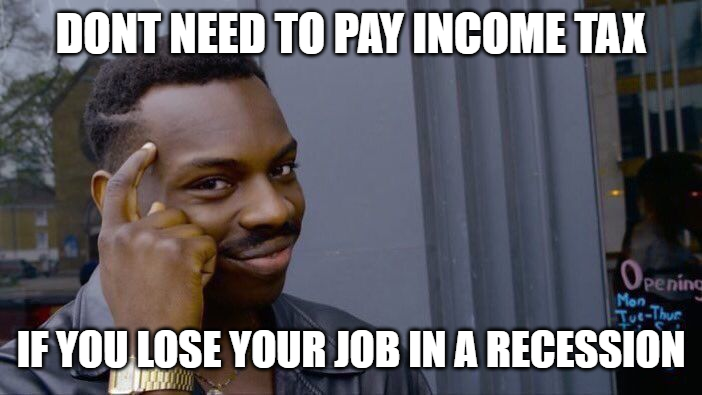
Econs 101 with Cilisos
But with Malaysian trade figures already on a freefall of sorts, together with Bloomberg’s assessment that Malaysia’s stock market is one of the worst in the world, it’s hard to argue against the notion that Malaysia isn’t exactly doing great economically. Like, it was only a few years ago Malaysia’s stock market was actually a pretty decent one. And one factor behind why we’re stagnating might be because the Harapan govt isn’t spending enough.
“Malaysia will likely disappoint over the next year because since the new government came in power in May 2018, it has been lowering public debt with fiscal tightening. This will be the theme from May 2018 to May 2020,” – Alan Richardson, Samsung Asset Management fund manager, as quoted by Bloomberg

LGE’s belt when preparing Budget.
But in bad times should the government spend less… or more?
Most of us know instinctively that if our credit cards are maxxed out from debt, we should stop buying iPhones. And this is what we’re seeing largely in Malaysia, with the PH government noting our increasing debts, and thus cutting spending. HOWEVER, this is a government budget we’re talking about – which is a little bit different from your own household budget.
Of course, some might be worried about debt – but it’s not always a bad thing. Japan’s public debt for example is over 250% of its GDP, but there’s no worry as that debt is being owed to its own institutions and people. Think of it as the Japanese letting the govt borrow money from them, for the govt to use it on improving the country for them. The US meanwhile has a whopping US22 trillion in national debt, but again, no worry there as the US is far from any danger of defaulting for now. Even China has more, at US34 trillion, but some still argue that concern over China’s debt is overblown.
But back to that govt spending…. how does this all work?
Essentially, the govt’s actions prevent the curves straying too far off the ideal diagonal. Graph from Columbia University
According to John Maynard Keynes – one of the most influential economists of the 20th century – when the economy is down, the govt needs to step in and pump in spending. This is because with businesses doing badly, most people would be cutting back on spending and saving as much as possible, leading to a low total of spending which lowers overall levels of economic activity (thus boring economy = bad economy). If the govt steps in and spends, it stimulates the economy, increasing the overall level of economic activity. In good timestho, people would be spending more, and so the govt can cut back on spending to prevent there being too much demand – too much demand means prices go up means inflation.
This is perhaps why Kelvin Tay had such a bad outlook for Malaysia during that Bloomberg interview. He argues that Malaysia has become very dependent on oil, but oil prices aren’t rising as fast as we thought it would. This could probably lead to the govt further cutting back on expenditure, which – as we’ve highlighted earlier – would shrink the economy even further. And not to mention the various projects that have either been cut or downsized by the govt, such as the LRT3, ECRL and High-Speed Rail link with Singapore.
But of course, the stock market isn’t everything
Now not everyone in Harapan has been pleased with Bloomberg and Kelvin Tay’s views tho. Tony Pua, pol-sec to the finance minister, and Ong Kian Ming, International Trade and Industry Deputy Minister, both criticised the Bloomberg interview featuring the UBS fund manager, citing numerous factual errors and a bias against Malaysia.
“As someone with a little bit of training in economics, what he said was cringeworthy and factually wrong. These are mistakes a good 1st year economics student would not make,” – Ong Kian Ming, as quoted from his Facebook
Ong Kian Ming pointed out the various factual errors Tay made, such as his claim of a 3.4% current account deficit, when that figure was actually Malaysia’s fiscal deficit. Pua meanwhile criticised Tay’s claim of a ‘political paralysis’ in Malaysia, arguing instead that the 1MDB scandal harmed Malaysia way before GE14.
Tony Pua (left) and Ong Kian Ming (right) together with a certain finance minister in the middle. Image from Says
However, one important point is that the stock market only represents a small portion of the economy and not the entirety of it, and sometimes doesn’t indicate what the average rakyat experiences. For example, looking at America, from the 1980s onward, whenever the stock market does well, wages tended to stagnate.
Also, one of the main reasons why a govt should spend during times of recession is to create jobs. In that respect tho, Malaysia is actually still somewhat alright, maintaining an unemployment rate of 3.30%, which is even lower than the ‘natural’ unemployment rate of 4.5%. That being said, youth unemployment rate in Malaysia is over three times higher, at around 10.8%, so it’s not all roses and lilies when it comes to jobs in Malaysia.
But it seems Mahathir studied economics too
To be honest, as we were exploring this, we had doubts about our economic understanding. Thankfully, Mahathir just released an interview before we published this that seemed to concur that the govt’s suspension of so many projects had inadvertently affected the economy. In an interview with The Star, he talked about how their attempts to review the projects took too long and stalled the economy:
“We decided that when we took over, we would stop all contracts but if you stop all the contracts, the economy does not move. We had frozen some accounts and all that. We should immediately deal with problems and make the decision. But due to lack of experience, it took us a bit of time to make decisions,” – Dr Mahathir, as quoted by The Star
And as for the high youth unemployment rate, it does seem as tho the govt is setting their sights on tackling that too. Finance Minister Lim Guan Eng has recently stated that the govt is considering handing out monthly income supplements to employers in a bid to get them to hire more graduates and non-graduates. The Youth and Sports Minister Syed Saddiq meanwhile has said that there will be a task force chaired by the PM aimed at creating one million quality job opportunities too.
It’s hard to judge a government based on it’s first year in office in the history of Malaysia. The stock market is definitely one of the ways, and there’s definitely cause for concern, but with unemployment holding steady at the moment, and the government seeming to loosen it’s belt, maybe we can wait another year before we tighten ours.
-https://cilisos.my




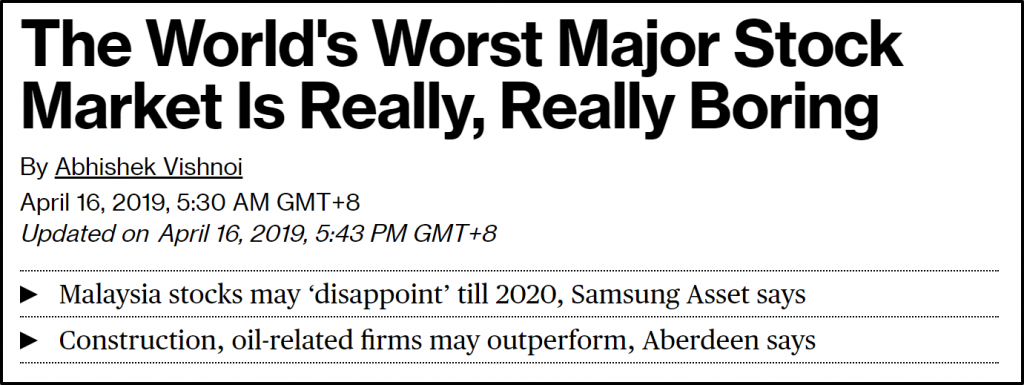
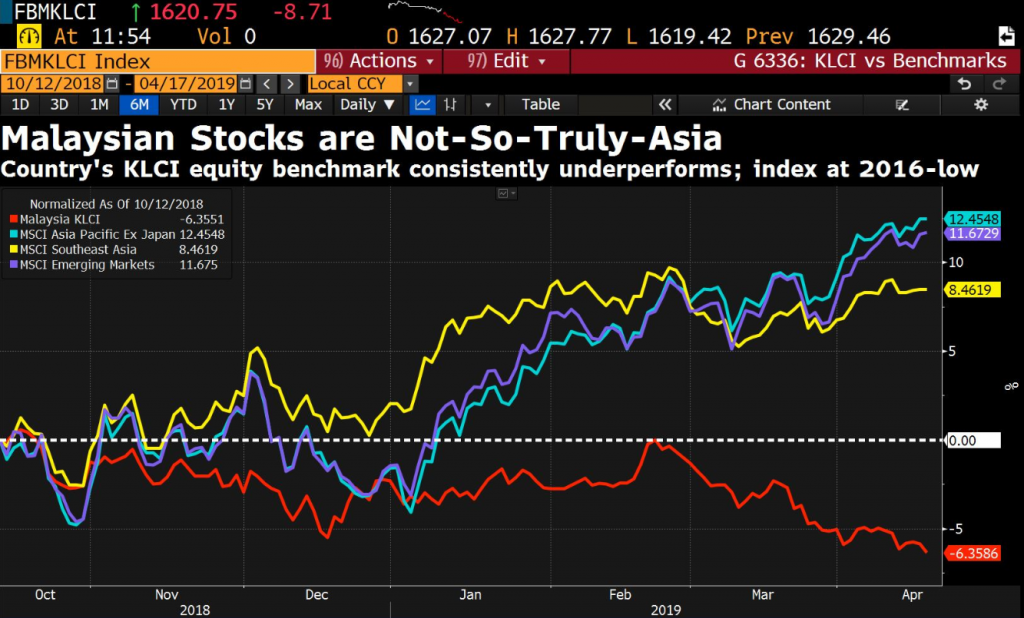





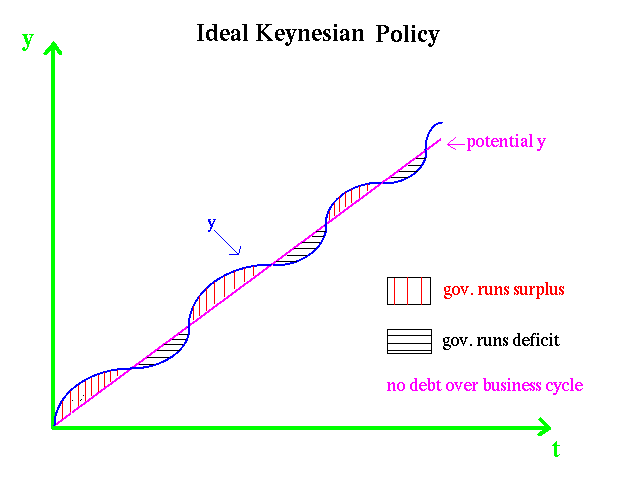
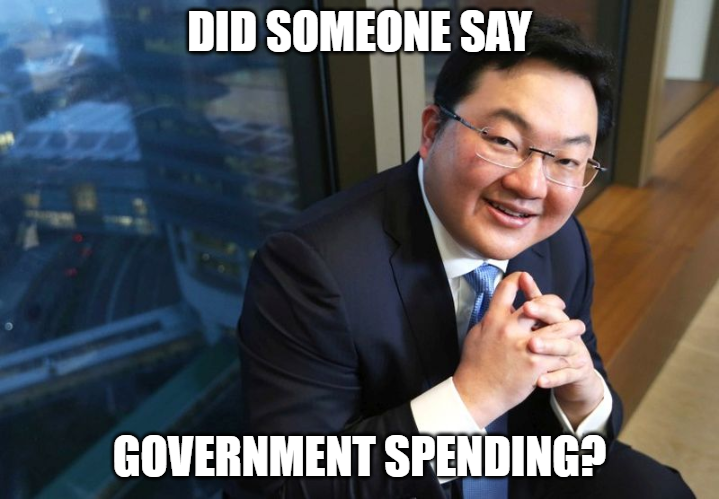

No comments:
Post a Comment
Note: Only a member of this blog may post a comment.